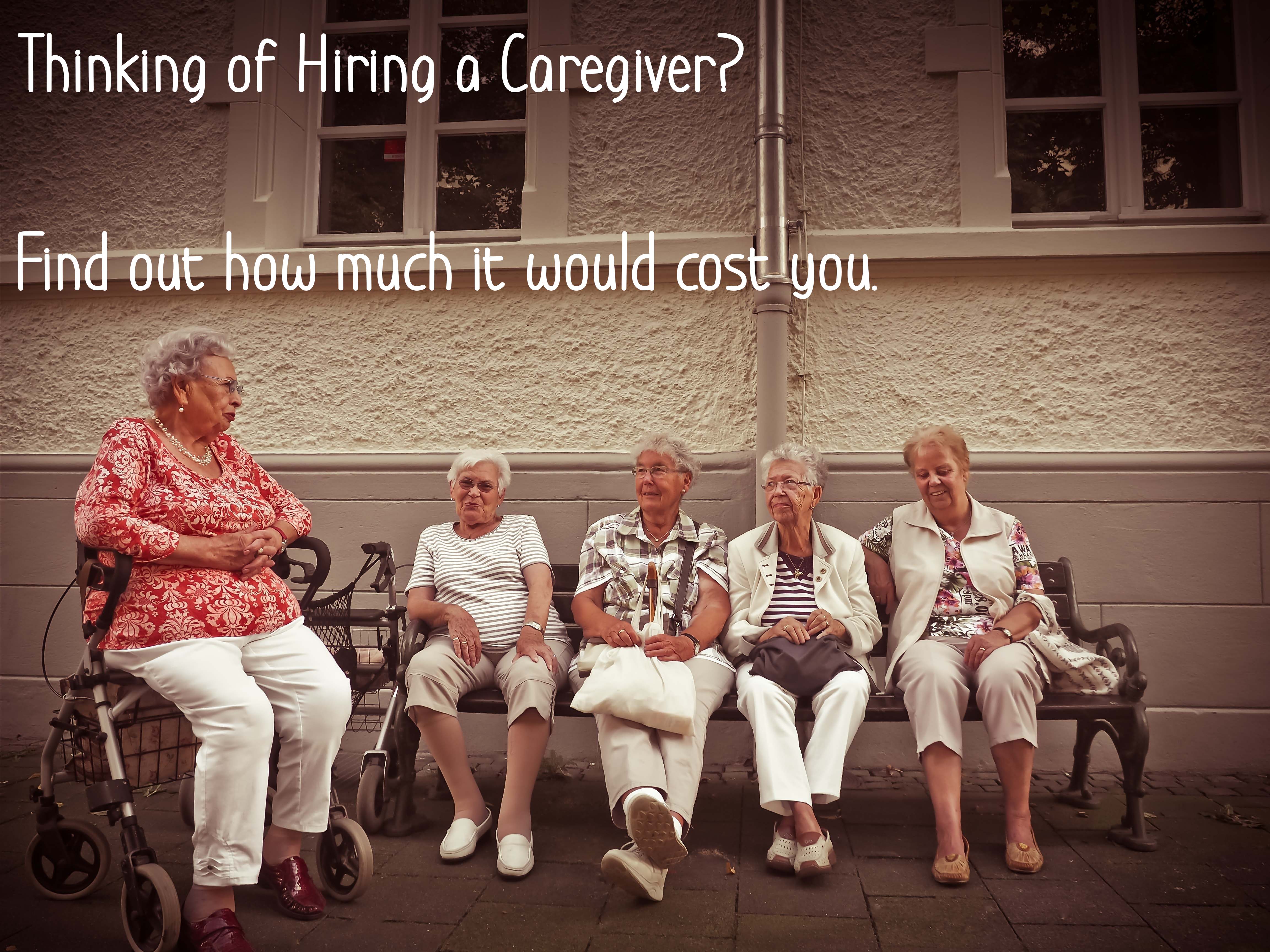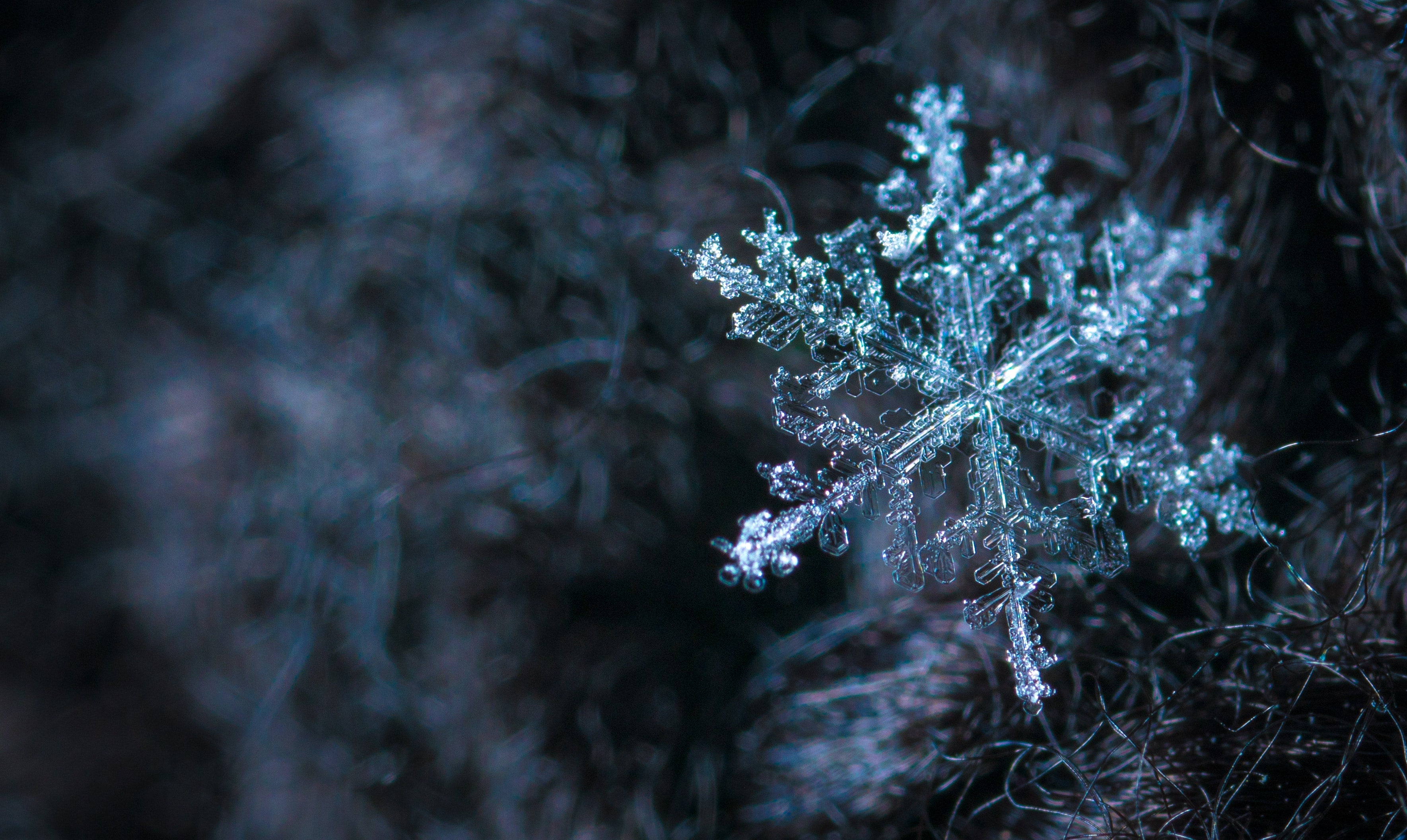15 Natural Depression Treatments
By R. Morgan Griffin
WebMD FeatureReviewed by Brunilda Nazario, MDWhile therapy and medication are key in controlling depression, there’s also a lot you can do on your own to fight back. Making changes to your own behavior — your physical activity, diet, and lifestyle — can be effective natural depression treatments.
“Lifestyle changes are a very important part of treatment,” says Ian A. Cook, MD, director of the Depression Research Program at the University of California Los Angeles.
On their own, Cook says, natural depression treatments can beat back milder forms of disease. For more severe depression, they can complement other approaches. When medication and therapy aren’t enough, treating depression naturally through lifestyle can help push people toward full recovery.
“Fighting depression is a war that’s waged day to day, not just over weeks and months while you wait for other treatments to take effect,” says Dean F. MacKinnon, MD, associate professor of psychiatry at the Johns Hopkins Hospital in Baltimore.
So as bleak as things might seem, there are things that you can do, right now, that will help you feel better. Here’s what you need to know about natural depression treatments.
Get in a Routine to Treat Depression Naturally
If you’re depressed, or have been depressed, you need a routine. Depression can strip away the structure from your life, letting one day bleed into the next. That absence of order can also make your depression worse.
“It’s extremely stressful to wake up in the morning and have no idea what you’re going to do with the day,” says MacKinnon.
Cook agrees. “Having a routine gives you a sense of control over the day,” says Cook. “We know that helps, and we know that not having a sense of control makes people feel worse.”
What should you build into your schedule to help fight depression naturally?
1. Exercise. Study after study has found that physical activity can boost mood, says Cook. How much? You don’t need to run marathons to get a benefit. “It seems like half an hour several times a week may be enough,” Cook says. “More than that may not have a further effect on mood. There seems to be a plateau.”
The type of exercise you use as a natural depression treatment doesn’t seem to matter. “Your cardiologist might want you getting a lot of aerobic exercise for your heart,” says MacKinnon. “But for your mental health, just getting out and walking can be enough.”
2. Diet. There is no depression diet, but there are great benefits to healthy eating. “I don’t think there’s any particular dietary regimen you need to follow,” says MacKinnon. “A basic healthy eating plan should do.”
Nutrition is an important element in your effort to help treat your depression, MacKinnon says. “Healing from depression is a physiological process, just like healing from a physical injury,” he tells WebMD. He says that without good nutrition, medications for depression can’t work as effectively.
There are some other things to keep in mind. Ask your doctor if your medication might cause weight gain. If so, you may want to take special care with your diet. If your depression is associated with an eating disorder — like anorexia or binge eating — you need to be working with an expert.
3. Sleep. While sleep problems are a symptom of depression, they can also make it worse. Some people with depression sleep excessively. Many more depressed people suffer from insomnia. Either way, you need to do something.
Lying in bed and willing yourself to sleep won’t work. But one natural depression treatment is to make your life more conducive to getting a good sleep. Go to bed and get up at the same time every day. Try not to nap. Take all the distractions out of your bedroom — no computer and no TV.
4. Goals. To help yourself during treatment for depression, it’s important to meet goals that you set for yourself. The trick here is to come up with realistic goals — ones that you can really accomplish in a day. Drafting a 20-page to do list is not going to help. If you’re having trouble setting goals, Cook recommends working with a therapist, family member, or friend. Someone who can help you prioritize what’s most important and break larger tasks into smaller, more manageable ones.
To continue reading click here.
- Professional Medical














Comments 0